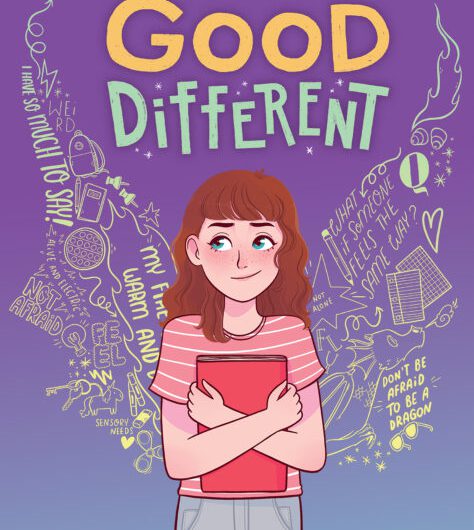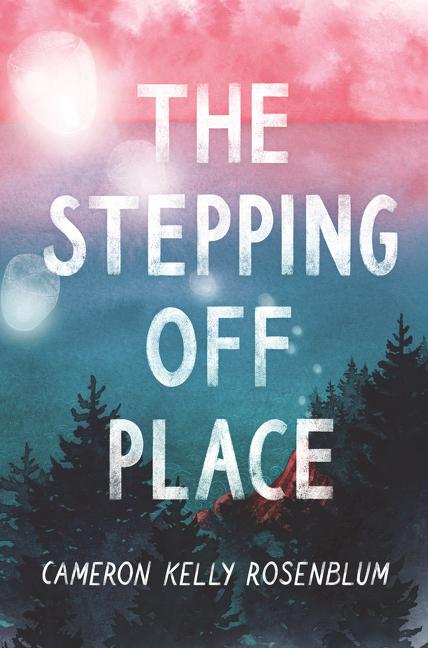Paige Not Found by Jen Wilde
Middle grade readers will likely relate to Jen Wilde’s recent novel, Paige Not Found. Wilde’s book features eleven-year-old neuroatypical Paige Wells whose insecurities provide obstacles but whose courage is commendable. Paige dreams of being just like her favorite teacher Ms. Penny: “Happy, funny, wearing kooky glasses, and doing a job she loves” (38). When Paige discovers that she has a mechanical device in her brain to monitor her moods and serotonin levels, she is angry. Feeling like a lab rat because her parents signed on to a research trial with Nucleus, owned by tech giant, Elliot Preston, who is about to sell the failing companyRead More →




